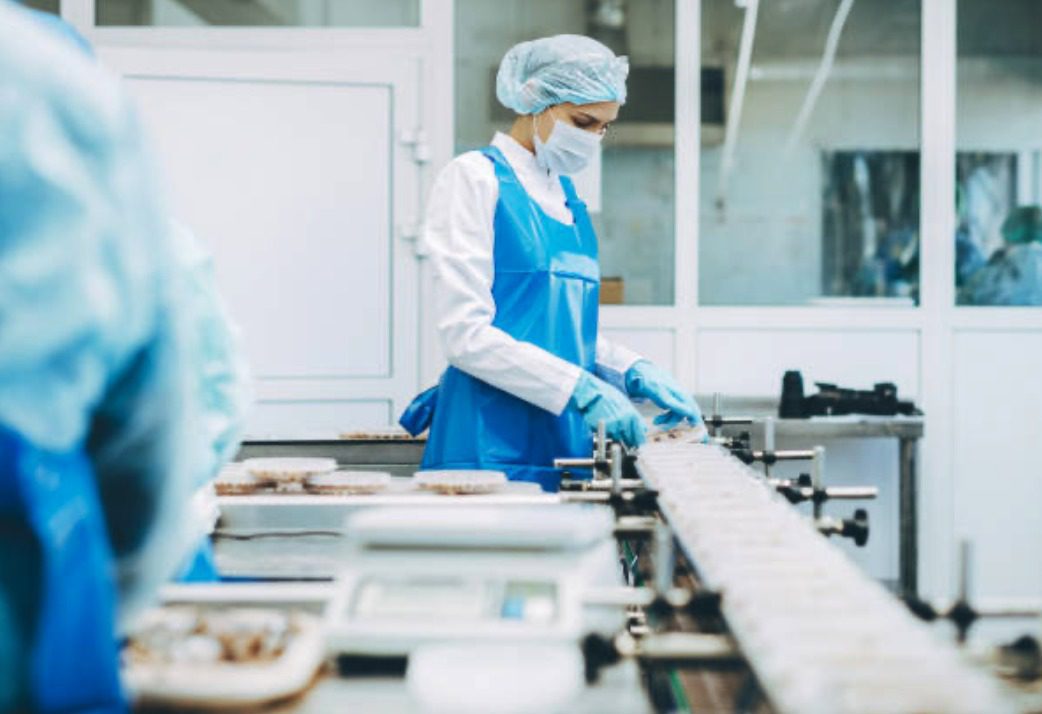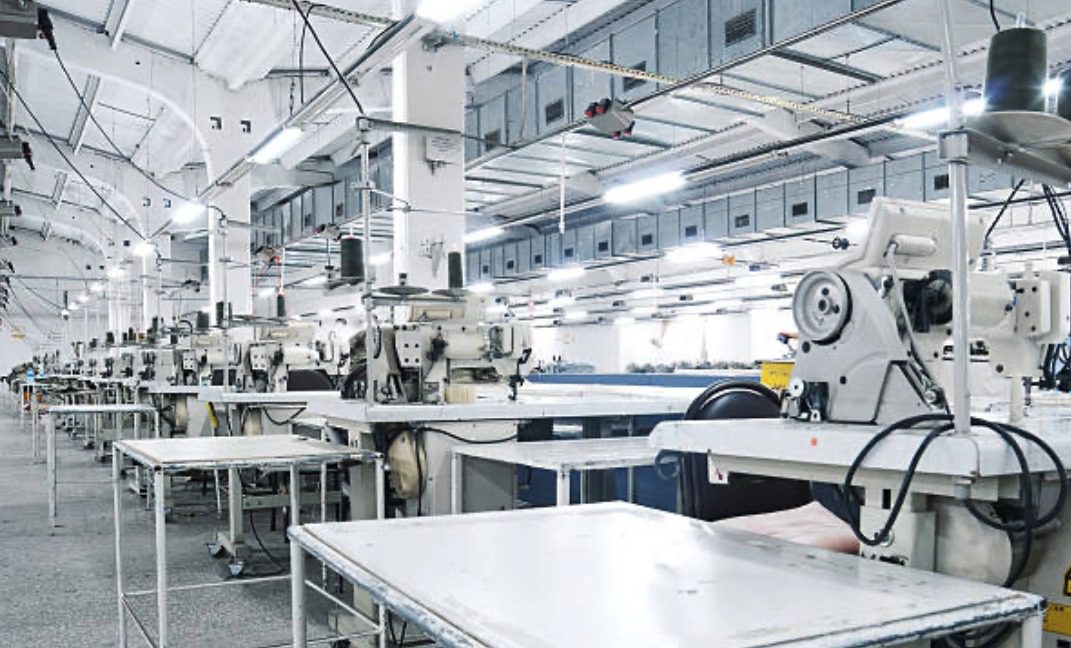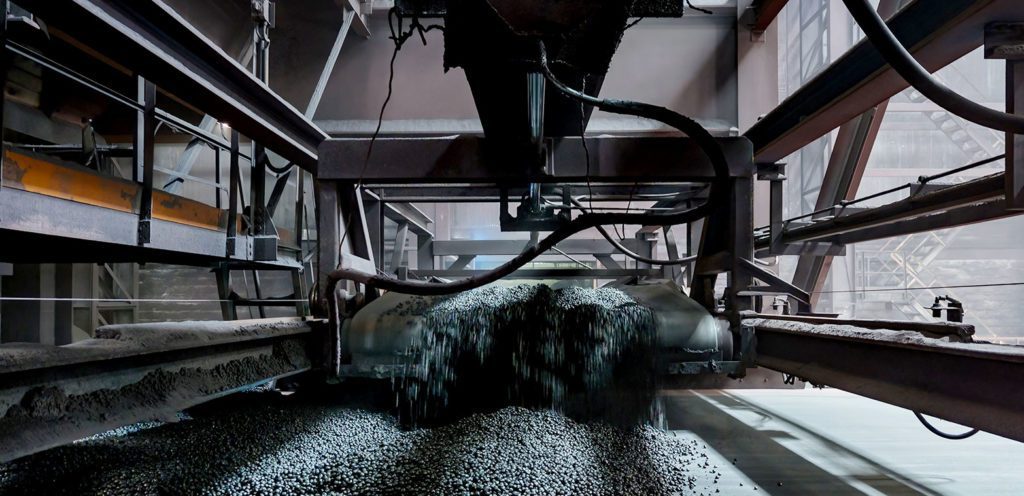Today, demand in almost all industrial sectors has increased, but so has the demand for quality, especially in sectors such as food.
In the food industry, control of materials and their quality is essential, but it is also essential to have control of the machines and employees involved in the production processes. This generates a huge amount of information that needs to be translated and managed in order to be able to act when necessary. This is why, with such a large volume of information, there is a need for a tool that not only facilitates and simplifies the reading of this data, but also allows for easy management, with simple and automated operation.
The MES system is one of the best, if not the best technological solution to the challenges posed by the advancement of the industry. The MES software helps to control and measure productivity in the food sector, both in production processes and in the packaging lines themselves, saving time and costs and resulting in greater business efficiency.
As products intended to be consumed, foodstuffs must undergo rigorous quality controls. Any product that does not pass the necessary controls cannot be placed on the market. This makes each production process a little more delicate, and therefore we must have a much more rigorous control. Thanks to the MES system, we gain that control. Factory managers can plan and monitor production processes, while operators can know the production orders and allocate resources to the workstation, so they know which part or process to focus their efforts on to improve the OEE.










